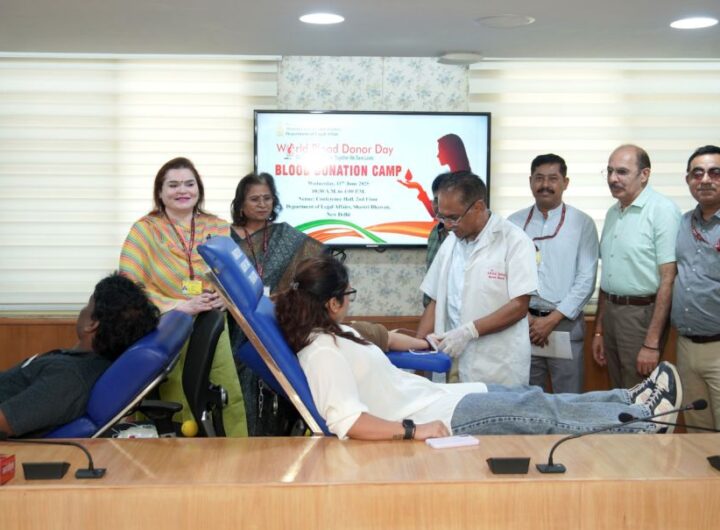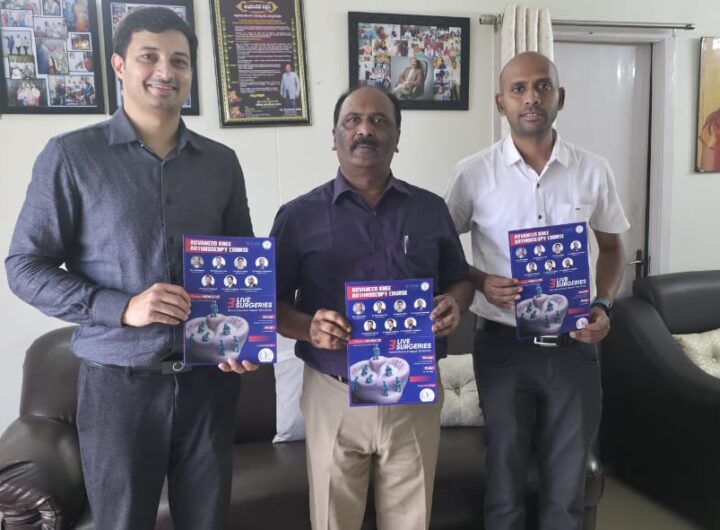
STEM mindsets and STEM skills emerge as key requirements across sectors in the Indian workplace, according to a study conducted by Quest Alliance, a not-for-profit trust focused on building 21st Century skills among learners and facilitators. The study, conducted as part of the STEM For Girls India program, brings in fresh evidence from the workplace on cross-penetration of STEM skills and mindsets across sectors, nuanced understanding of the skill sets required in the workplace and implications, therefore, for STEM education. The study further explores themes like technology, gender diversity, and the future of education.
An initial-probe online survey, based on which the study was conducted, captured perceptions on STEM mindsets and skills that inform work, the role of technology, choice of careers, issues concerning gender, sustainability, and work. A subset of respondents was selected for in-depth interviews. The interviews provided a deeper understanding of STEM careers based on STEM mindset, as well as convergences between STEM careers and what is traditionally seen as non-STEM career options. In a neat complementarity, the study also uncovered the importance of non-STEM skills such as empathy and collaboration in careers across sectors.
The respondents of the survey spanned a variety of careers such as information technology, research, healthcare, media, arts, engineering and education. The survey asked people to list the STEM mindset and skills that were important in their area of work and generated a list of 104 attitudes and 88 skills, which were coalesced into broader categories and sorted by frequency of occurrence.
Priyanka Krishna, Researcher at Quest’s Knowledge Hub, comments “The study highlights the necessity for an interdisciplinary approach to STEM, and a strong focus on math, data and computing skills. More importantly, we noticed that mathematical mindset, problem-solving, analytical and logical thinking, critical thinking, technology skills, creativity, communication, and collaboration emerged as core STEM skills and mindsets essential at the workplace. Attitudes such as self-learning, risk-taking, patience, perseverance and the ability to withstand failure remain key. Big data analysis, artificial intelligence, machine learning, and deep learning are also going to play ever greater roles across diverse fields.”
The study captures the lived experiences of women in STEM spaces and notes that over academic excellence, skills such as networking and building a marathon mindset are key for women, along with concentrated efforts by governments, educational institutions and companies to develop creative solutions to equip women for the changing workplace. Considering that women form only 28.8% of the global average of STEM workers, women are at a higher risk of exclusion in STEM spaces. The cross penetration of STEM skills and mindsets across sectors then makes it imperative for educational institutions to develop a STEM capable workforce.
The study further notes that the reasons for poor participation of women in different fields were stated as societal stereotypes, family pressure, lack of organisational support and the difference in abilities. Individual respondents cited various other reasons.
Neha Parti, Associate Director of Secondary Schools program at Quest Alliance observed, “It is interesting to note that when we talk to young girls in schools, they all have high aspirations and many of them do want to get into STEM careers like doctors, engineering, agriculture. However, when it comes to converting aspirations into actual career pathways there is a big gap, given all the reasons mentioned in the report. That is something that we need to address right from the school to the workspace. This requires creating an enabling ecosystem around young girls and women involving families, industry and government to influence mindsets, policies, and organisational processes and systems.”
STEM mindsets such as problem-solving, critical thinking, risk-taking, analytical thinking remain key requirements of the Indian workplace. It is imperative then that STEM be taught and seen as a mindset with key tangible STEM skills and attitudes in the school system for young people to thrive in the workplace.


 Legal Affairs Department Steps Forward with Blood Donation Drive Ahead of World Blood Donor Day
Legal Affairs Department Steps Forward with Blood Donation Drive Ahead of World Blood Donor Day  Shiprocket Partners with Fynd to Transform Last-Mile Delivery for D2C Brands
Shiprocket Partners with Fynd to Transform Last-Mile Delivery for D2C Brands  Tata AIA Delivers Benchmark-Beating Fund Performance Across Its ULIP Offerings
Tata AIA Delivers Benchmark-Beating Fund Performance Across Its ULIP Offerings  Surging ahead: Škoda Auto outlines framework to strengthen India growth plan
Surging ahead: Škoda Auto outlines framework to strengthen India growth plan  Over 150 Orthopedic Doctors come together to attend Symposium on Knee Injuries at Vizag
Over 150 Orthopedic Doctors come together to attend Symposium on Knee Injuries at Vizag